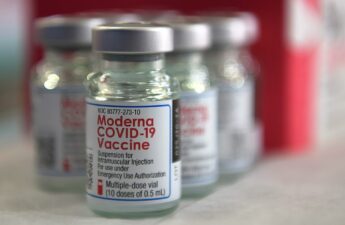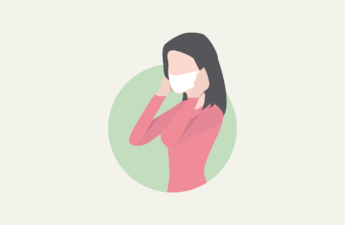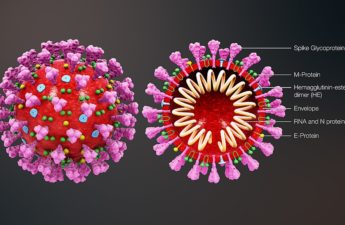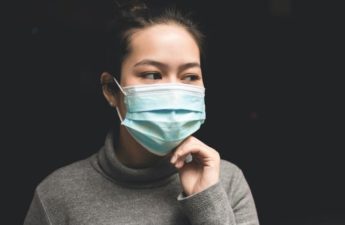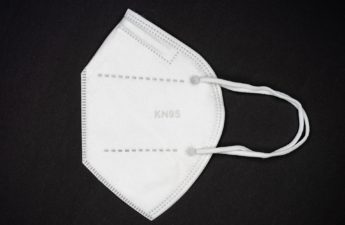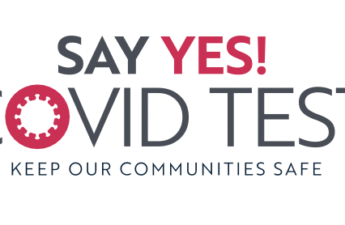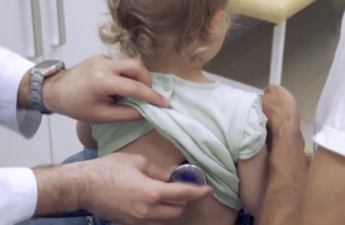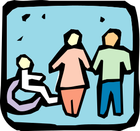Category: Coronavirus
King County and the City of Seattle will no longer require proof of vaccination against COVID-19 as a condition of employment.
With King County’s high level of vaccination booster uptake and lower levels of community spread, hospitalizations due to COVID infection remained at a safe level, making the overall risk forecast low enough to lift the mandate for employees, volunteers, and contractors.
Yes, masks reduce the risk of spreading COVID, despite a review saying they don’t
An updated Cochrane Review published last week is the latest to suggest face masks don’t work in the community.
However there are problems with the review’s methodology and its underpinning assumptions about transmission. Well-designed real-world studies during the pandemic showed any mask reduces the risk of COVID transmission by 50–80%, with the highest protection offered by N95 respirators.
We tested the wastewater from planes to detect COVID among travellers – here’s what we found
It’s important for all countries to monitor what potential new diseases, and new variants of established diseases, are entering their borders.
China’s COVID situation is dire – but it shouldn’t pose a big risk to other countries
In contrast to China at the outset of this wave, most countries by now have high immunity and protection against severe disease and death from COVID. The European Centre for Disease Prevention and Control has noted that China’s surge “is not expected to impact the COVID-19 epidemiological situation” in Europe.
Most long COVID cases had mild initial infections, UW study finds
Study found that a staggering 90% of people living with long COVID initially experienced only mild illness with COVID-19. After developing long COVID, however, the typical person experienced symptoms including fatigue, shortness of breath and cognitive problems such as brain fog – or a combination of these – that affected daily functioning. These symptoms had an impact on health as severe as the long-term effects of traumatic brain injury. Our study also found that women have twice the risk of men and four times the risk of children for developing long COVID.
COVID in 2023 and beyond – why virus trends are more difficult to predict three years on
So how will the pandemic be felt in 2023? This question is in some ways impossible to answer, given a number of unknowns. In early 2020 the scientific community was focused on determining key parameters that could be used to make projections as to the severity and extent of the spread of the virus. Now, the complex interplay of COVID variants, vaccination and natural immunity makes that process far more difficult and less predictable.
Public Health – Seattle & King County report assesses its COVID response
King County achieved the lowest death rate due to COVID-19 of the twenty largest metropolitan areas of the country (as of January 2022).
As viral infections skyrocket, masks are still a tried-and-true way to help keep yourself and others safe
Wearing a surgical mask in an indoor public setting reduces the odds of testing positive for COVID-19 by 66%, and wearing an N95/KN95 type of mask lowers the odds of testing positive by 83%.
Local health officials and health system leaders in Washington state urge public to wear masks while in indoor spaces, keep up-to-date on vaccines
In addition to RSV and influenza, new COVID-19 variants are taking hold and immunity from past vaccination is waning for many people who have not yet received an updated booster shot.
The longer you can avoid Covid, the better
The “no point delaying infection” argument falls down in a number of places. First, infections aren’t risk free. Second, better treatments and vaccines are on the horizon.
China could face a catastrophic COVID surge as it lifts restrictions – here’s how it might play out
Given the low level of immunity in China, a major surge would likely see large numbers of hospitalisations and might lead to a dramatic death toll. If we assume, say, 70% of the Chinese population becomes infected over the coming months, then if 0.1% of those infected die (a conservative estimate ), a back-of-the-envelope calculation suggests we’d see around one million deaths.
Free at-home COVID-19 tests available in Washington state through the end of the year
Washington State Department of Health (DOH) will continue to provide free COVID-19 home test kits to residents at least through the end of 2022, despite the end of federal financial support for testing programs. Washingtonians can order up to 10 free at-home test kits per month through the “Say Yes! COVID Test” program.
COVID-19, RSV and the flu are straining health care systems – two epidemiologists explain what the ‘triple threat’ means for children
The underlying reasons for the convergence of these viruses and the increase in infections so early in the season are not yet clear. But health experts have some clues about contributing factors and what it could mean for the coming months.
How to reduce risk of COVID-19 by improving ventilation at your holiday gatherings
Opening windows and using filtration tools are effective ways to reduce indoor COVID-19 transmission.
HOW DID COVID-19 IMPACT PEOPLE LIVING WITH DISABILITIES?
Many talked about feeling socially isolated and experiencing worsening anxiety and depression during the pandemic. The isolation could be particularly acute for folks living with a disability that made it harder or not advisable for them to go out, such as people living with mobility restrictions or who are immunocompromised.
